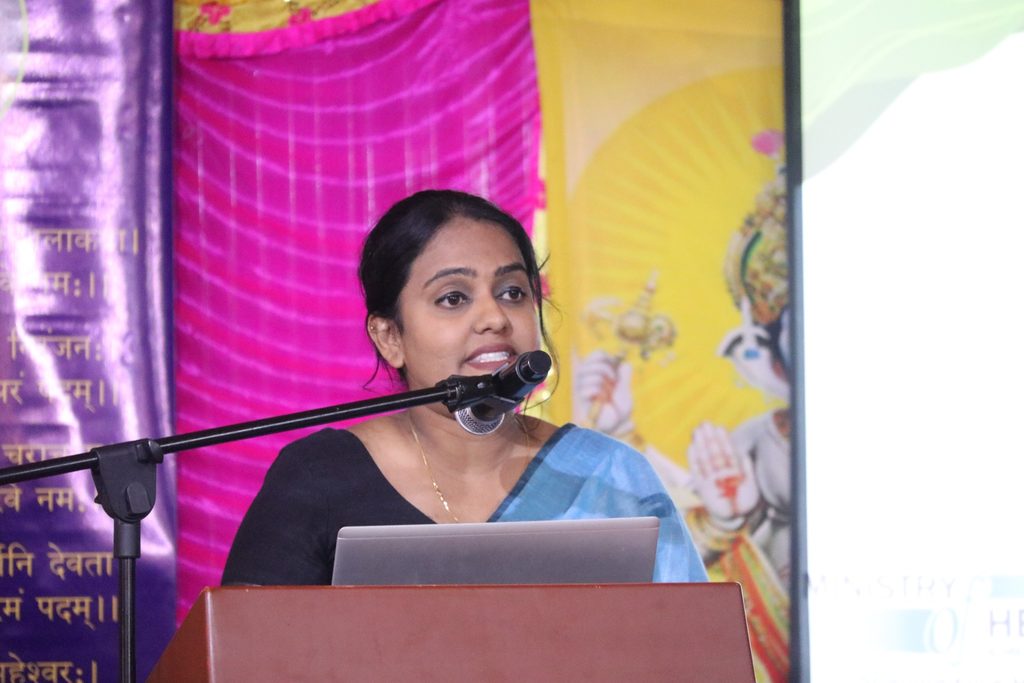St Giles Hospital is confronting a growing crisis as cases involving both mental health conditions and substance use disorders rise, according to principal medical officer Dr Sheetal Singh.
“On top of that, we’re having things like HIV, we’re having things like tuberculosis,” Dr Singh said.
She told the Fiji Sewashram Sangha’s Youth Workshop on Drug and Substance Abuse that the risks were heightened by people engaging in risky behaviour without fully understanding the consequences.
“For example, when I am using an injection and sharing with a friend, I might not know the blood contaminants of the other user, meaning what type of infection the other person is having.
“You may feel that the other friend of yours is very healthy, is very productive, is playing rugby, playing netball, singing, playing harmonium and what not, but we are not knowing their HIV status.”
Dr Singh warned about the spread of infections through needle sharing, describing “bluetoothing” as dangerous.
“What happens in the community now is bluetoothing where I may have injected some meth into my system, then I withdraw my blood and mix meth in it, and then share two millilitres to each of my friends, spreading HIV from me to the other four.
“Then the other four go back and do the same practice, spreading to another four. And this is how the numbers are increasing.”
She also highlighted that substance use affected both males and females and cuts across all religious and ethnic groups.
“It’s no longer just the males who are using substance, it’s no longer just the males who are being admitted at St Giles Hospital, we are having females as well.
“And it’s amongst all religion groups. It’s not just iTaukei, it’s not just Fijian of Indian descent, there’s a lot of us coming with this problem.”
Dr Singh pointed to family dynamics as a critical factor in this crisis.
“Sometimes we’re very quick to speak. We’re very quick to judge. We fail to understand what problems they are going through, and then they have these poor coping mechanism where they fall to using substance.
“Remember, these substances have chemicals that makes them happy, that sort of numbs — makes them feel better than the situation they were in the past couple of weeks.”
She stressed the worsening impact of substance use on mental health.
“Each time a user uses substance, the dosage of the substance increases, worsening the chemical imbalance in the brain, predisposing them to having a psychiatric condition.”

